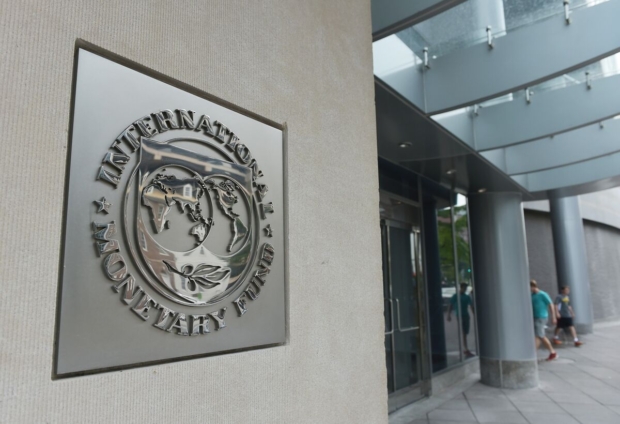Former President John Dramani Mahama has expressed his intention to renegotiate the terms of an International Monetary Fund (IMF) bailout and enhance local ownership of future oil and mining projects if he wins the upcoming December election.
In an interview with Reuters, Mahama stated, "I've been in an IMF programme before, when I was president, and I know that the IMF is not averse to sitting and talking and renegotiating issues."
But how feasible is this? Can a government renegotiate an IMF Extended Credit Facility (ECF) after disbursements have already been made, particularly following a change in government?
Answer: Yes, a government can renegotiate an IMF Extended Credit Facility (ECF) even after disbursements have been made, especially in the case of a change in government. However, the renegotiation process can be complex and depends on various factors. Over the past six decades, approximately 95 countries have renegotiated their deals with the IMF. These renegotiations have often been necessary due to economic crises, changes in government, or failure to meet the original program targets.
Why Is Renegotiation Possible?
Renegotiation of IMF deals is feasible because IMF programs are designed to be adaptable to a country's changing economic and political circumstances. The IMF recognizes that political shifts, such as a change in government, can lead to new policy priorities or unforeseen economic challenges. As a result, adjustments can be made to existing agreements through program reviews and revisions.
Are There Empirical Examples?
Greece (2015): One of the most well-known cases of renegotiation with the IMF occurred in Greece in 2015. When the Syriza party came to power, they sought to renegotiate the terms of Greece's bailout program with the IMF and European creditors. Although the negotiations were contentious, the program’s terms were eventually adjusted to reflect the new government's priorities.
Argentina (2019): Argentina provides another example. After a change in government in 2019, the new administration led by Alberto Fernández renegotiated the IMF agreement signed by the previous government. The Fernández administration aimed to soften austerity measures and extend the repayment schedule to make the program more manageable given Argentina’s economic crisis.
Ukraine (2014): After the 2014 revolution and a change in government, the IMF revised its agreement with Ukraine to account for the new economic realities and political landscape. The program was adjusted to provide more substantial financial assistance and address the unique challenges faced by the new government.
What About the Case of Ghana?
The success of renegotiation in Ghana will depend on its ability to navigate economic realities and secure IMF cooperation, just as it was for other nations. The government will need to provide a robust economic justification, ensure that the proposed policies align with IMF goals and secure public support for the new strategy.
Latest Stories
-
CHAN 2024Q: Ghana’s Black Galaxies held by Nigeria in first-leg tie
3 minutes -
Dr Nduom hopeful defunct GN bank will be restored under Mahama administration
36 minutes -
Bridget Bonnie celebrates NDC Victory, champions hope for women and youth
44 minutes -
Shamima Muslim urges youth to lead Ghana’s renewal at 18Plus4NDC anniversary
2 hours -
Akufo-Addo condemns post-election violence, blames NDC
2 hours -
DAMC, Free Food Company, to distribute 10,000 packs of food to street kids
3 hours -
Kwame Boafo Akuffo: Court ruling on re-collation flawed
3 hours -
Samuel Yaw Adusei: The strategist behind NDC’s electoral security in Ashanti region
4 hours -
I’m confident posterity will judge my performance well – Akufo-Addo
4 hours -
Syria’s minorities seek security as country charts new future
4 hours -
Prof. Nana Aba Appiah Amfo re-appointed as Vice-Chancellor of the University of Ghana
4 hours -
German police probe market attack security and warnings
5 hours -
Grief and anger in Magdeburg after Christmas market attack
5 hours -
Baltasar Coin becomes first Ghanaian meme coin to hit DEX Screener at $100K market cap
5 hours -
EC blames re-collation of disputed results on widespread lawlessness by party supporters
6 hours

